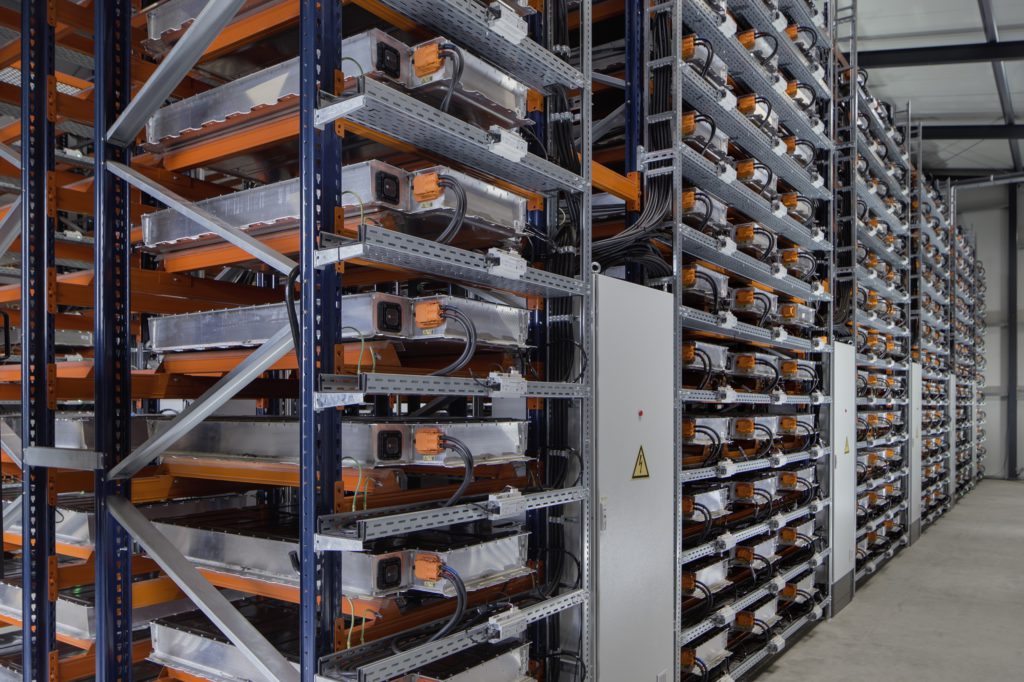BMW expands its range of electrified vehicles
16 May 2019

16 May 2019
BMW is to rapidly expand its range of electrified vehicles by 2021 as it looks to improve its use of renewable energies.
Within the next two years, the company will offer five fully-electric series-production vehicles alongside its already established i3. This year will see the start of production of the electric Mini in Oxford, which will be followed by the iX3 next year and the iNEXT and i4 in 2021.
′Our market is global. We don’t want to tell people what to do; we want our products to inspire people all over the world. Our flexible electrification strategy underlines this approach and enables us to serve very different regions of the world, as the introduction of alternative drive trains is proceeding at a different pace in different markets,’ emphasised Harald KrÜger, Chairman of the Board of Management of BMW AG, at the company’s Annual General Meeting in Munich.
′Technological openness is key to being prepared for the regulatory requirements and customer wishes in different markets.’
Increased electrification
In total, BMW will launch more than ten fully electric and plug-in hybrid models onto the market by the end of next year. Updated, extended electric-range plug-in-hybrid versions of the BMW 3 Series, BMW 7 Series and BMW X5, alongside the new BMW X3 plug-in hybrid, were presented at this year’s Geneva Motor Show. A few weeks later, the updated plug-in hybrid variant of the long wheelbase version of the BMW X1, which is produced locally for the Chinese market, was shown at the Shanghai Auto Show.
′Technology openness also means continuing to improve our already efficient combustion engines. We are systematically driving e-mobility with both fully-electric vehicles and plug-in hybrids, and investing in new technologies such as fuel cells. We believe it would be a mistake to rely on just one technology, as that could jeopardise prosperity in Germany,’ said KrÜger.
Zero-emission production
While EVs offer zero-emission driving, the issue of where electricity comes from is a sticking point for those who consider the total carbon footprint of the new technology.
With this in mind, BMW has pledged to purchase energy for its plants from only renewable energy sources by the end of next year.
KrÜger added: ′We all have a responsibility to ensure a world worth living in for our children. We are bringing the right products to achieve this onto the market and have set ourselves the goal of purchasing electricity for our locations worldwide exclusively from renewable sources from 2020 on. By 2020, we also aim to have reduced the CO2 emissions of our new vehicle fleet in Europe by at least 50% compared to 1995 levels. By the end of 2018, we had already achieved 42%.’